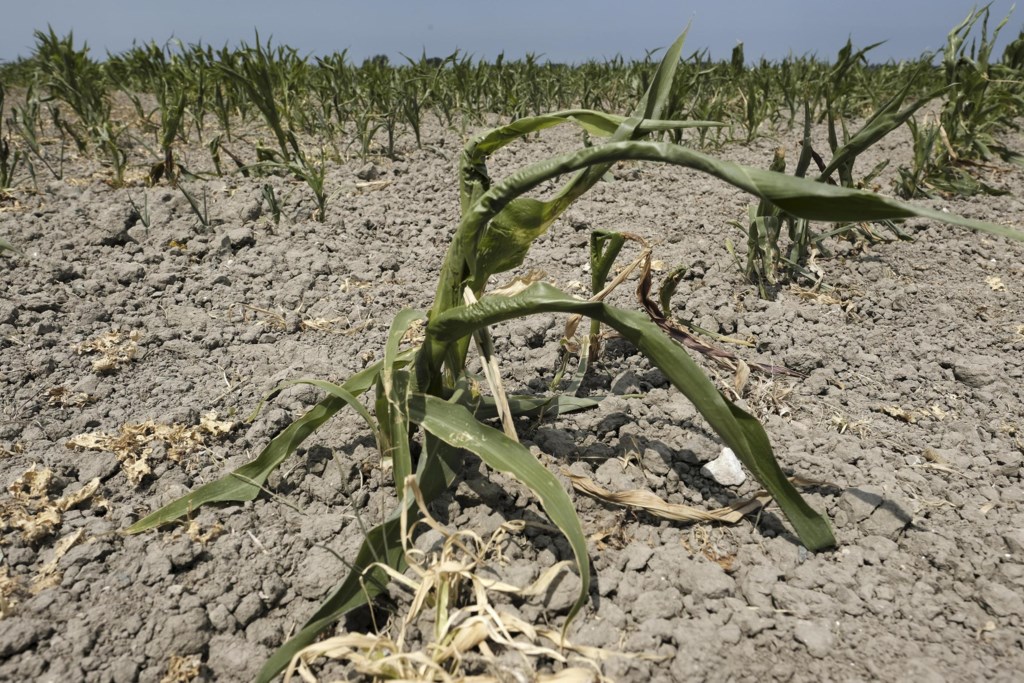With Europe afflicted by extreme heat and drought, food and energy prices are skyrocketing, with scientists warning of “a waterfall of effects that reinforce each other." The authors of a new study stressed that governments fail to recognise the severity of these threats.
Climate heating is destroying more than we can fathom and impacting human activity as well as natural ecosystems. For instance, river transport on the Rhine (including crucial goods) has been disrupted, threatening already fragile energy supply chains. In other areas, the production of certain foods been halted as there is not enough grass for cattle.
Researchers from the University of Zürich have analysed the knock-on effects of these issues which can “destabilise the entire socio-economic system”, De Morgen reports. They studied eight recent periods of heat and drought, including the heatwaves in Europe in 2003, 2015 and 2018.
The study shows that ten sectors are under particular pressure, including health, economy, agriculture and food supply. Water supply, transport and mobility, energy, buildings and infrastructure, public services, ecosystems and tourism are also experiencing difficulties.
Widespread consequences of drought
The heat has driven up energy consumption, in part due to an increased use of air conditioning. At the same time, drought has reduced energy production as low water levels hinder the cooling of nuclear power plants and reduce the output of hydroelectric power plants.
Furthermore, severe drought has led to crop failures and therefore shortages of food and higher food prices. The agricultural sector has been hit by the reduced frequency of freight ships carrying animal feed and raw materials and melting road surfaces and power failures are becoming increasingly common.
Related News
- New drought measures: Flanders helps companies map water consumption
- Price of natural gas on the rise once again
- Heat threatens local biodiversity in Belgian countryside, study finds
Efforts to save crops by increasing dependence on reservoirs and aquifers can disrupt ecosystems, shrink fisheries or make water treatment more expensive. In this way, local problems can be felt globally. For instance, Russian agricultural losses of €1.67 billion due to drought and heat in 2010 affected global food security.
A global approach
The scientists argue the interconnected nature of the climate issues problems demands a global approach: “If everyone only looks at their own sector, the consequences of extreme events are more serious,” concludes author Laura Niggli.
Climate researcher Seppe Lampe (VUB) responds: “We're still not aware enough of how everything is connected. Low water levels in the rivers mean higher commodity prices for everyone.”
“There are also links between drought, extreme rainfall and flooding," adds climatologist Jean-Pascal van Ypersele (UC Louvain). "The drier the soil, the less water it absorbs. It remains to be seen whether we will have to deal with that in the coming days.”

